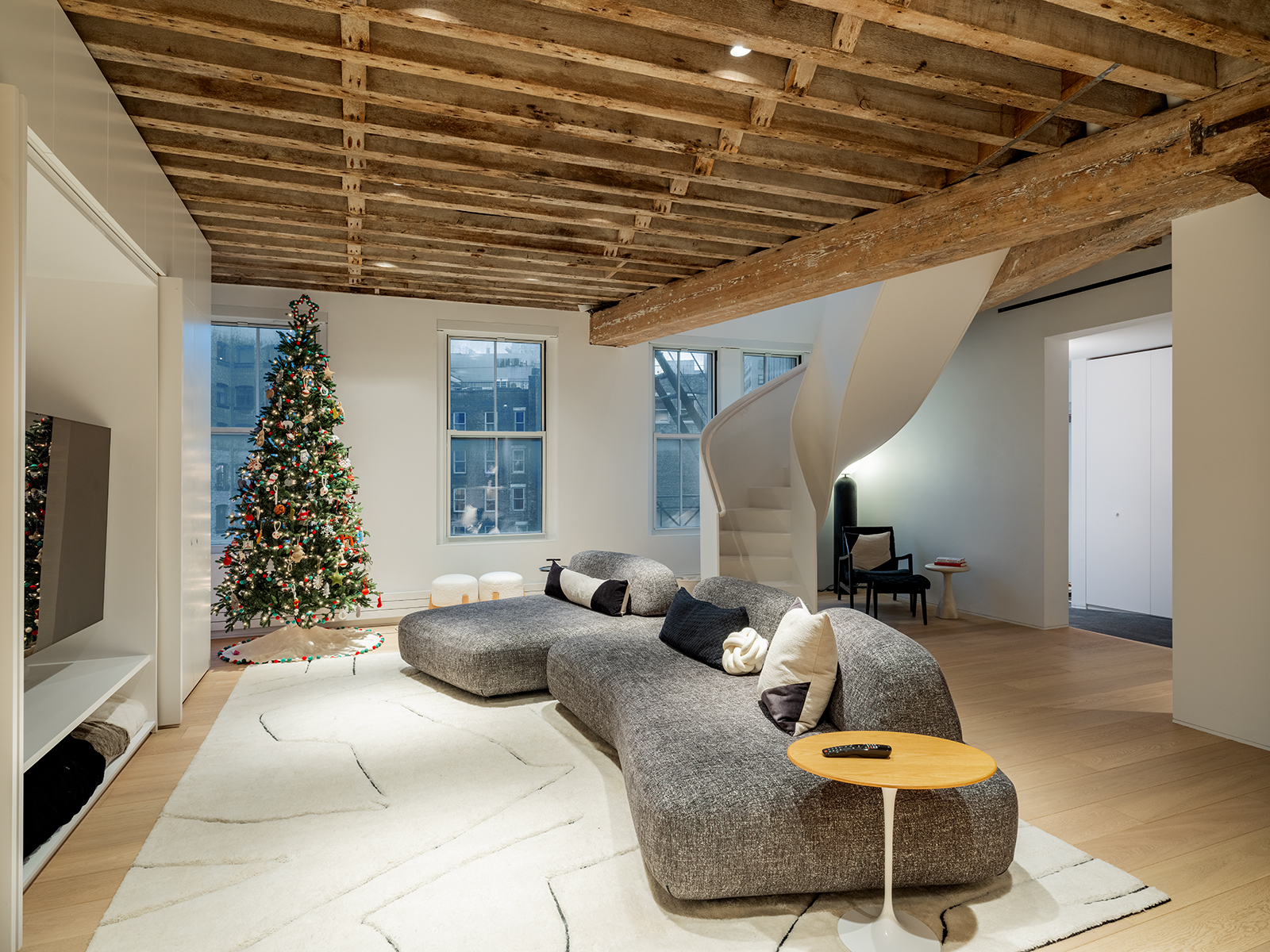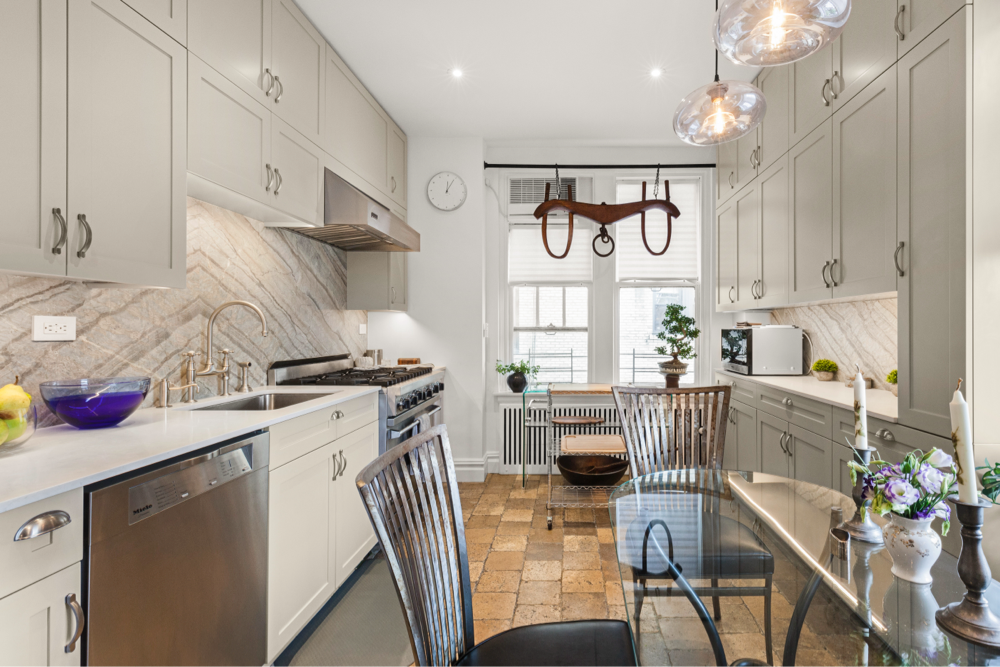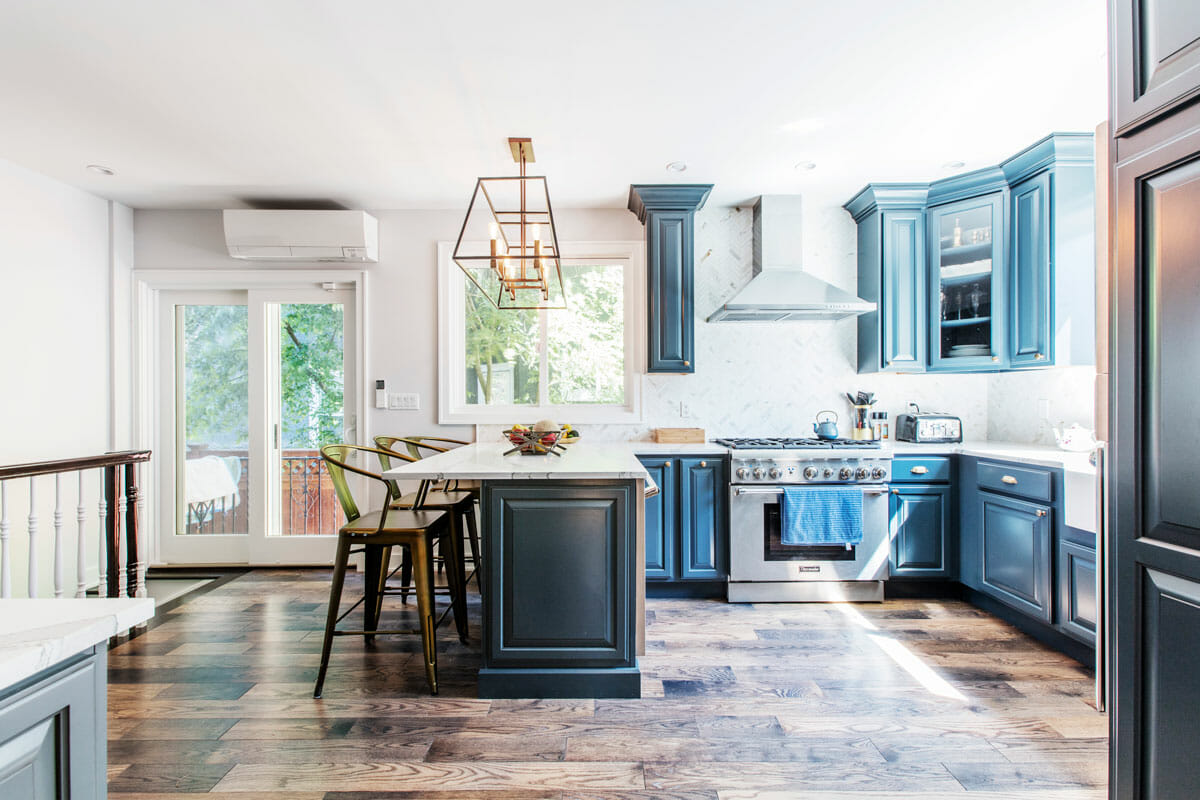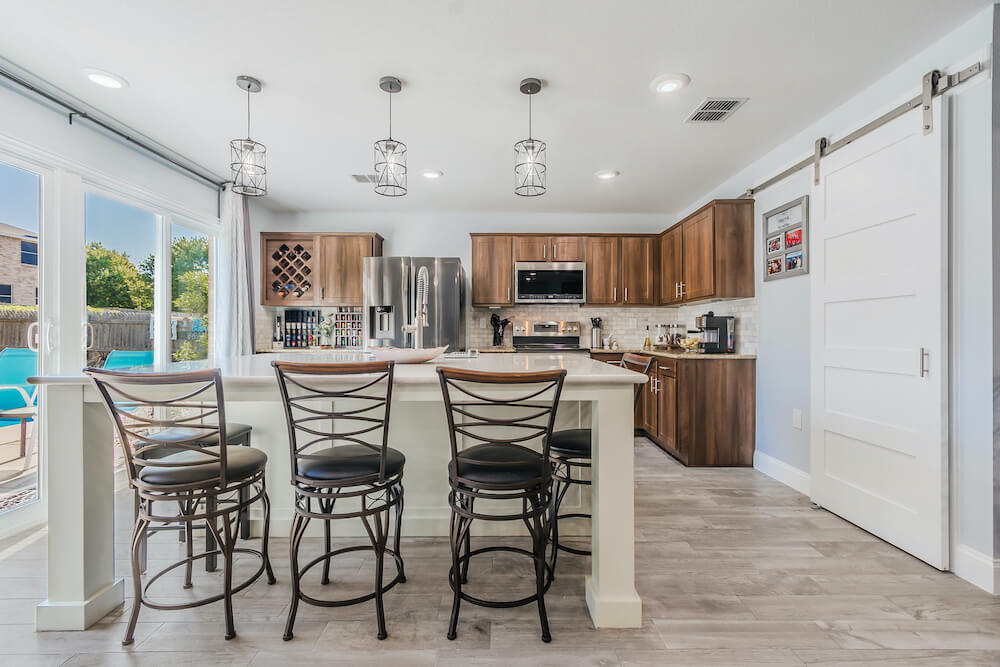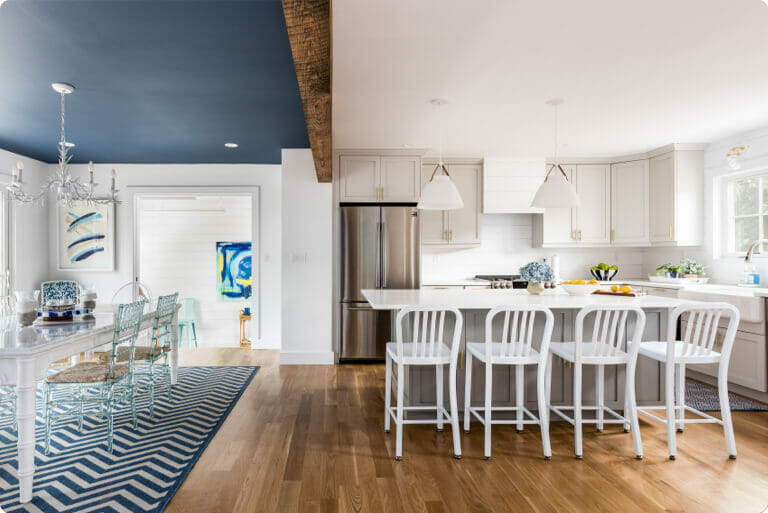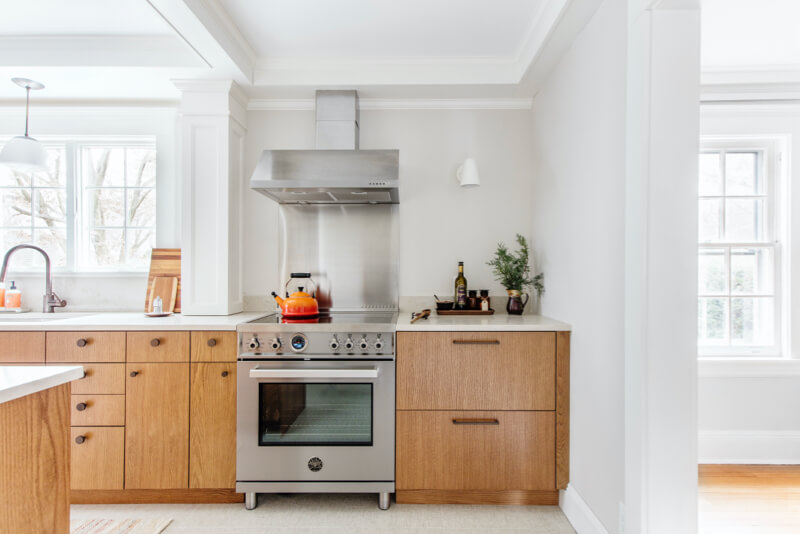Miami Condo Renovations: What You Need To Know
Dreaming of transforming your Miami condo into a sun-drenched oasis? While condo renovations share some similarities with house renovations, there are distinct factors to consider to ensure a smooth and successful project. This guide will illuminate the essential knowledge you need to navigate the condo renovation process in Miami, ensuring your vision becomes a reality.
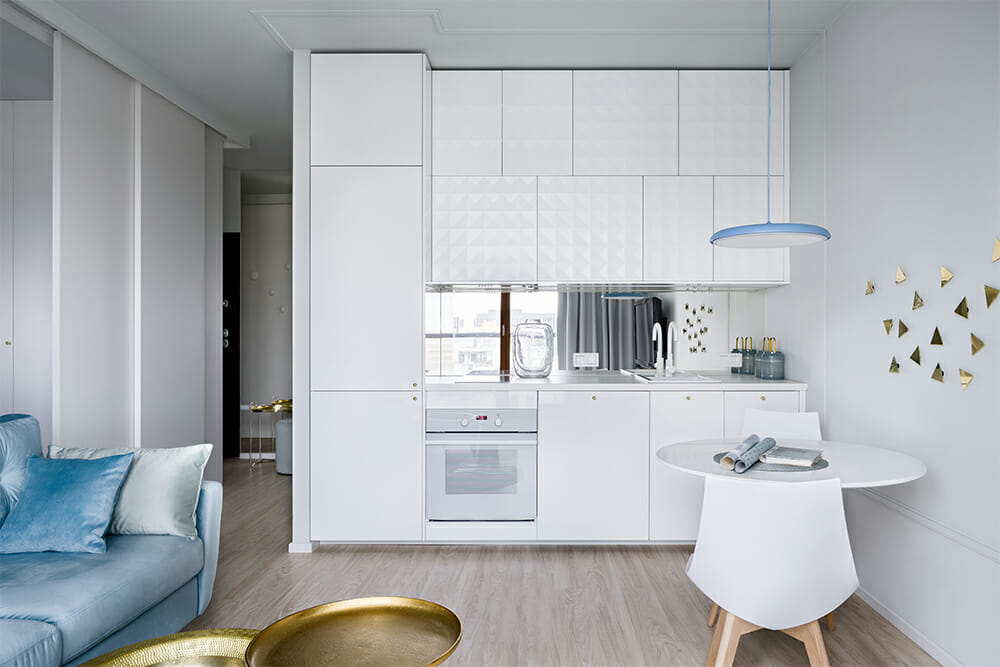
City of Miami building permits
Are you considering condo remodeling in Miami? While renovating a condo is usually a more limited proposition than renovating a house, Sweeten offers guidelines on a few special considerations you’ll need to take into account.
At Sweeten, we’re experts at all things general contractors — we pre-screen them for our network, carefully select the best ones for your remodeling project, and work closely with hundreds of general contractors every day. So, we’ve tapped our internal expertise to bring you this guide.
First, you will need to obtain the proper city and building approvals before beginning your project. Sweeten Miami contractor Sandra, who is based in Miami, tells us, “The typical process takes about 4-8 weeks for a mid-sized project. [Usually,] the office management has pretty much the same requirements as the city.” You must apply first to the city, and once the city approves the permit, the information is submitted to the management office for the condo. The most common permits required in a condo remodeling Miami project are floor soundproofing, plumbing, electrical, and framing. Sweeten brings homeowners an exceptional renovation experience by personally matching trusted general contractors to your project, while offering expert guidance and support—at no cost to you. Renovate expertly with Sweeten
Building requirements
In addition to obtaining city permits, many new building projects must also meet new building requirements. You must usually meet and comply with regulations around work hours, rubbish removal, gas installation, and more. Licensed general contractors in Miami with experience would be able to navigate any building paperwork and restrictions.
Here’s a list of everything you should be mindful of during your project:
1. Working Hours: A Time Crunch
Condo renovations often face a stricter timeline compared to freestanding houses due to limited working hours. Most buildings permit construction activities between 9 AM and 4 PM, sometimes extending to 5 PM. This shorter work day can significantly prolong the renovation process, as contractors have less time to complete tasks.
2. Prepping Common Areas: A Daily Chore
To protect shared spaces, contractors must take precautions to shield the lobby, hallways, and elevators from construction debris and damage. This daily routine can add time and effort to the project, as it diverts attention away from the renovation itself.

3. Rubbish Removal: A Costly and Time-Consuming Process
Condo renovations often involve more complex trash removal procedures compared to freestanding homes. The higher density of units and shared spaces can make it more challenging to dispose of debris efficiently.
- Cost: The cost of trash removal is typically higher in condos due to the increased frequency of debris removal. Contractors often estimate the cost based on the number of “pulls” required to haul away waste. For example, replacing floor tiles in a 1,000-square-foot condo might involve four pulls (two for old tiles, one for new tile waste), costing around $3,000.
- Process: Contractors must reserve elevators for trash removal, which can disrupt the renovation schedule. Additionally, they cannot use the building’s dumpster and must transport waste in their own vehicles.
4. Altering the Slab: A Structural Challenge
Condos, especially older ones, are often constructed with concrete slabs. While it’s possible to modify the slab for plumbing or electrical work, it’s a complex process that requires careful planning and approval.
- Structural Engineer Approval: Any alterations to the slab must be approved by a structural engineer to ensure the building’s structural integrity. This process involves obtaining a structural engineer affidavit and plans.
- Scanning Requirements: Buildings may require “scanning” of the area where the proposed alteration will occur. This professional service helps assess the existing structure and identify potential risks. The cost of scanning can vary, but contractors estimate it to be around $600 for 100-200 square feet.
5. Gas: A Limited Availability
While gas stoves are becoming more common in newer luxury condos, electric stoves remain the norm in many Miami buildings. Gas dryers are generally not permitted in condos, and even washer/dryer installations may be subject to management company approval.
6. Windows: Hurricane-Resistant Requirement
Due to Miami’s hurricane risk, building codes mandate impact-resistant windows. This is typically a building-wide project, so individual renovators are not responsible for replacing windows.
7. Fees: A Cost to Consider
Condo associations often charge renovation fees to cover administrative costs and potential impacts on the building. These fees are in addition to any permit and approval charges and are a common practice in condos across the United States.
Now, you should have a sense of what to look out for in your Miami condo renovation. When you’re ready to get started on your kitchen or home remodel, work with Sweeten to renovate with the best general contractors in Miami.
Ready to renovate? Start here!
Here you can learn more about our services and locations. Alternatively, browse more home renovation inspirations, processes, and cost guides.
